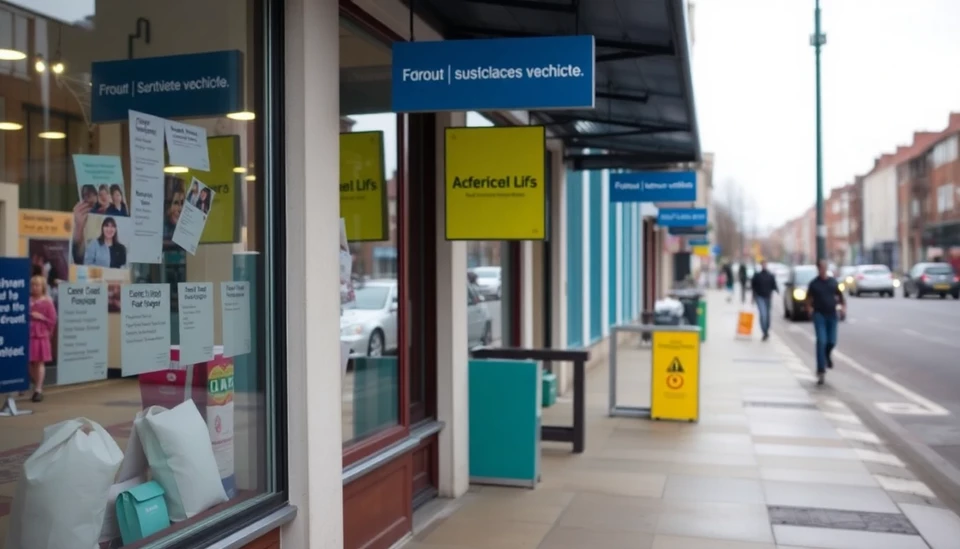
A recent study has unveiled a promising finding regarding the impact of public services on the UK’s most economically disadvantaged families. The analysis estimates that the poorest households are on track to benefit approximately £16,000 annually from various public services, prompting discussions about the effectiveness and reach of welfare programs in the country.
The comprehensive study, conducted by an independent think tank, focused on a range of public services including education, health care, and social services, mapping out how these resources contribute significantly to lowering the overall burden of living costs for families in the lowest income brackets. This research sought to illustrate the vital role public sector investments play in bolstering the economic stability and overall welfare of families struggling to make ends meet.
According to the findings, the combined benefits derived from these public services effectively cushion lower-income families against the high living expenses they face. The £16,000 figure represents an aggregate of cost savings in areas such as free or subsidized healthcare, education, and additional social services that are intended to uplift families out of poverty.
Researchers pointed out that while this financial boost is substantial, it remains imperative for policymakers to further scrutinize the distribution and accessibility of these services. Ensuring that they are adequately reaching those who need them most is crucial. Moreover, the study calls for continued investments in public services to enhance their capacity to address the financial challenges faced by the poorest communities across the UK.
This boost comes amidst ongoing debates about social welfare reform, particularly in light of rising inflation and the cost of living crisis that has affected many households over the past few years. The study's results serve as a reminder of the importance of sustained public service funding as a means of alleviating poverty and supporting the most vulnerable populations.
As the UK government contemplates its future budgets and policy directions, this study may provide an essential framework for prioritizing support for those who rely heavily on public services. Stakeholders from various sectors are likely to engage in discussions surrounding the implications of these findings, striving to forge paths toward more equitable social support systems.
In summary, the latest study sheds light on the significant financial benefits that public services offer to the country’s poorest households, underscoring the necessity of maintaining robust public sector programs aimed at serving these communities effectively.
With public discourse likely to intensify around this topic in the coming months, the study not only highlights the positive impacts of public expenditures but also serves as a crucial point of reference for future social policies aimed at closing the inequality gap in the UK.
#UKPublicServices #PovertyReduction #WelfareReform #EconomicSupport #SocialPrograms #CostOfLiving #PublicInvestment #FamilySupport
Author: Daniel Foster




